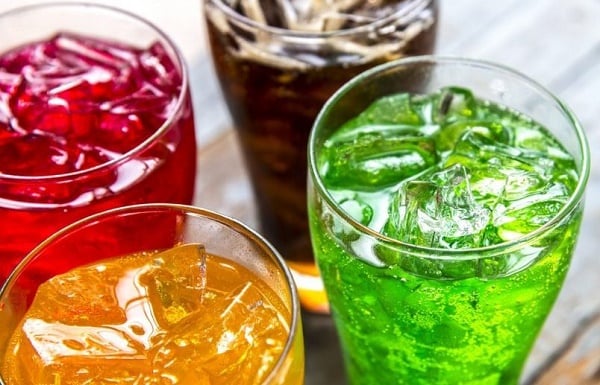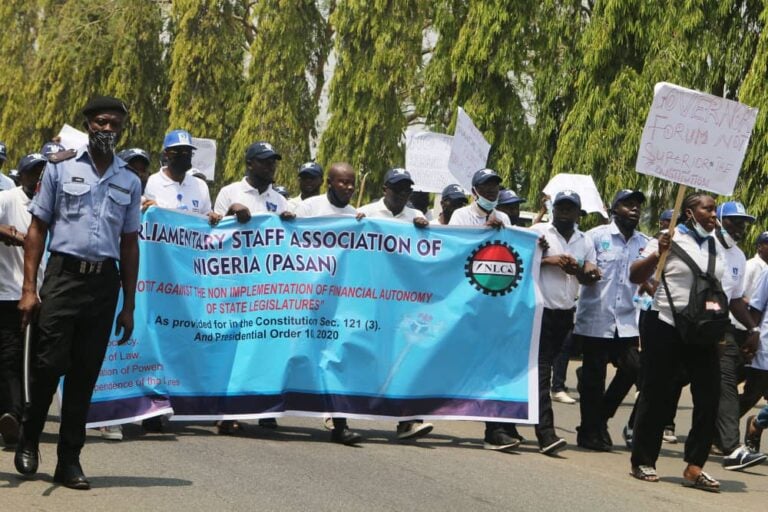Study: Consumption of sugary drinks may increase risk of cancer
The National Action on Sugar Reduction (NASR), a coalition of civil society organisations, has applauded the federal government for introducing an excise duty of N10/litre on sugar-sweetened beverages.
The CSOs’ commendation was contained in a statement jointly signed by Adamu-Alhassan Umar, NASR member and president, Nigerian Cancer Society; and Omei Bongos-Ikwue, coalition representative, on Thursday.
Zainab Ahmed, minister of finance, budget and national planning, on Wednesday, had announced the new tax imposed on non-alcoholic, carbonated and sweetened beverages.
The minister said that the new tax was instituted to raise revenue for health-related and other critical expenditures.
Advertisement
With the policy, the prices of carbonated drinks may spike across the country.
Several stakeholders, including the Manufacturers Association of Nigeria (MAN) and the Lagos Chamber of Commerce and Industry (LCCI), have faulted the decision, saying the new tax will affect domestic producers, consumers and ultimately cause loss of jobs.
Reacting to the development, the CSOs said the introduction of the new tax was a protective measure for Nigeria’s poorest, a population that stands to benefit the most from reduced consumption of sugary beverages.
Advertisement
They said the tax revenue can be used to curtail the rising burden of disease on the poor and the nation’s healthcare system.
They also said the new policy would drastically reduce the increasing occurrences of non-communicable diseases (NCDs) such as type 2 diabetes and cancers caused by consuming sugar-sweetened beverages.
A study conducted by Harvard T.H. Chan School of Public Health has shown that people who drink more sugary drinks may face a moderately higher risk of type 2 diabetes.
However, checks by TheCable showed that there are other sources of sugar intake that may raise diabetes risks such as alcoholic drinks, biscuits, buns, cakes, dairy products, and savoury food.
Advertisement
On the other hand, type 1 diabetes is caused by a lack of insulin production and/or the inability of the insulin produced to convert sugar. This deficiency leaves too much sugar in the blood and not enough in the cells for energy.
Apart from sugar-sweetened beverages, the end product of the carbohydrates intake (eba, pounded yam, etc) is sugar.
“The timely passage of the Finance Act and the 2022 Appropriation Act by the National Assembly and the assent by President Muhammadu Buhari which gave it legal backing is a welcome development,” the statement reads.
“As advocators, we will continue to campaign for proper utilisation of the funds towards key preventive measures for non-communicable diseases such as Type 2 diabetes and cancers.
Advertisement
“Non-communicable diseases account for one in three deaths in Nigeria, presenting a significant cause of premature death and loss of economic productivity.
“The Coalition, therefore, applauds the Federal Government for this significant step towards protecting the lives of Nigerians and safeguarding the country’s economy.”
Advertisement
Add a comment






